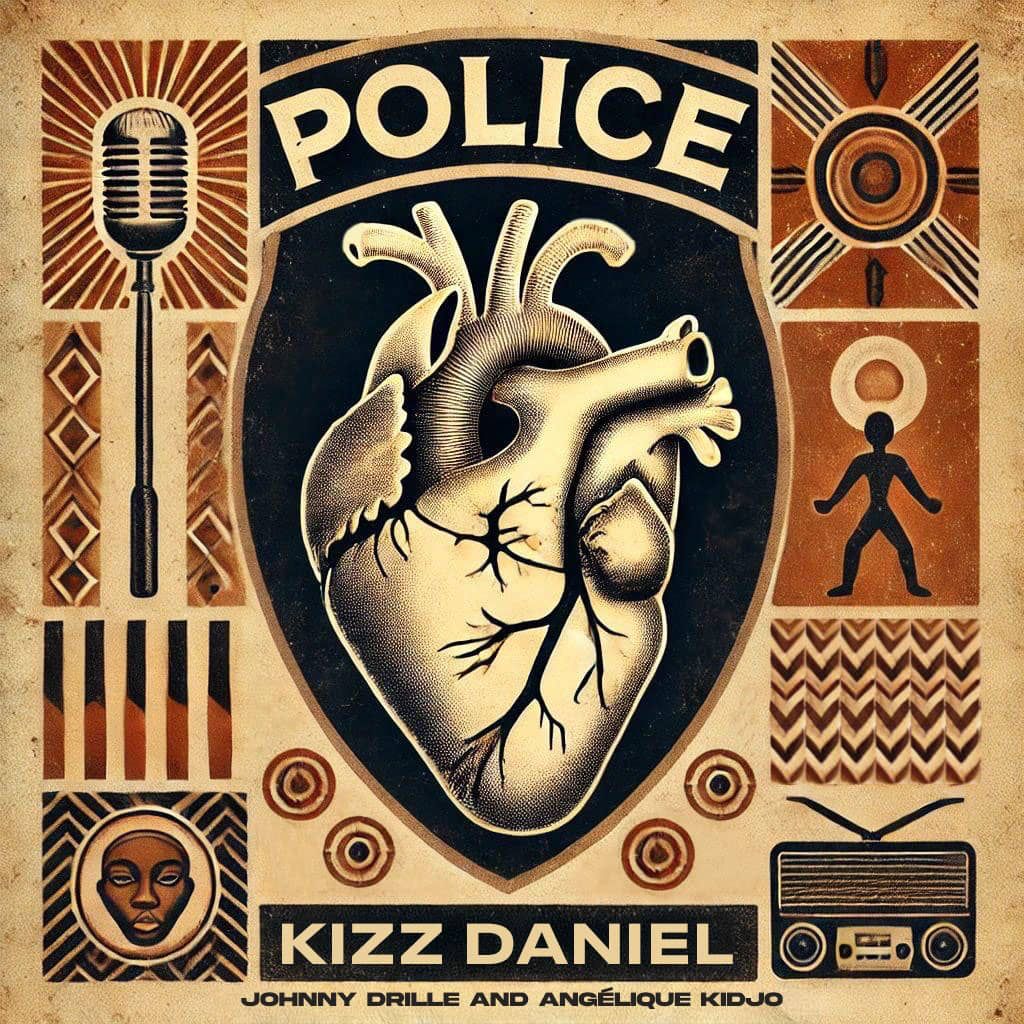 Golf is one of the oldest and most distinguished sports in the world. Often associated with calm, green landscapes and a leisurely pace, golf is, in reality, a sport of intense focus, intricate skill, and profound mental discipline. It is a unique game that pits a player not against another person directly, but against the course itself — a sprawling landscape of hills, bunkers, water hazards, and unpredictable weather. Played in more than 200 countries, golf is both a pastime for millions and a highly competitive professional sport.
Golf is one of the oldest and most distinguished sports in the world. Often associated with calm, green landscapes and a leisurely pace, golf is, in reality, a sport of intense focus, intricate skill, and profound mental discipline. It is a unique game that pits a player not against another person directly, but against the course itself — a sprawling landscape of hills, bunkers, water hazards, and unpredictable weather. Played in more than 200 countries, golf is both a pastime for millions and a highly competitive professional sport.
From the serene fairways of Scotland to the grand courses of Augusta, golf is a game steeped in tradition, etiquette, and strategy. It is often described as a lifelong sport, where players of all ages and skill levels can participate, grow, and compete on their own terms.
Origins and History of Golf
The modern game of golf originated in Scotland during the 15th century, though similar stick-and-ball games had existed in earlier civilizations. The first documented mention of golf dates back to 1457, when King James II of Scotland banned the game because it was distracting soldiers from archery practice.
By the 18th century, golf had developed formalized rules and began spreading beyond Scotland. The Royal and Ancient Golf Club of St Andrews, founded in 1754, became a central governing body for the sport, helping to shape the game as we know it today.
The first 18-hole round of golf was played at St Andrews, setting a global standard. In 1860, the first Open Championship (also known as the British Open) was held, marking the beginning of organized competitive golf.
Golf made its way to the United States in the late 1800s, eventually giving rise to iconic tournaments like the Masters, U.S. Open, The Open Championship, and the PGA Championship — collectively known as golf’s four major championships.
The Basics of the Game
Golf is played on a course consisting of 18 holes, each with a starting point (tee box) and an ending point (the hole, marked by a flag on the green). The objective is to hit a small ball into the hole in as few strokes as possible, using a variety of clubs suited for different distances and situations.
Key terms and components include:
- Par: The expected number of strokes to complete a hole. Most courses have par-3, par-4, and par-5 holes.
- Birdie: Completing a hole one stroke under par.
- Bogey: One stroke over par.
- Eagle: Two strokes under par.
- Hole-in-One: A rare and celebrated achievement where the ball is hit into the hole in a single shot.
- Fairway: The short grass between the tee and the green.
- Rough: Longer grass or difficult terrain surrounding the fairway.
- Bunker: A sand-filled hazard.
- Water Hazard: Lakes, ponds, or streams that challenge a golfer’s accuracy.
Clubs and Equipment
A golfer is allowed to carry up to 14 clubs in a round, each designed for different shots:
- Driver: Used for long-distance shots from the tee.
- Fairway Woods: Ideal for long shots off the fairway.
- Irons: Numbered 1 to 9, used for a variety of mid-range shots.
- Wedges: Include pitching wedge, sand wedge, and lob wedge; used for short and precise shots.
- Putter: Used on the green to roll the ball into the hole.
Other essential equipment includes golf balls, tees, gloves, and golf shoes. Professional players often travel with caddies, who assist with carrying equipment, reading greens, and offering strategic advice.
Styles of Play
Golf can be played in various formats:
- Stroke Play: The most common form, where the total number of strokes determines the winner.
- Match Play: Players compete hole by hole, and the one who wins the most holes wins the match.
- Scramble: A team format where the best ball position is chosen after each shot.
- Fourball and Foursomes: Popular in team competitions like the Ryder Cup.
Each format brings different strategies and dynamics to the game.
Mental and Physical Demands
Despite its calm exterior, golf is one of the most mentally challenging sports. It requires:
- Concentration: Each shot demands total focus.
- Patience: Rushing leads to mistakes; players must remain calm over long rounds.
- Emotional control: One bad hole can unravel an entire round.
- Strategic thinking: Golfers must plan each shot based on terrain, weather, and their own abilities.
Physically, golf requires core strength, flexibility, balance, and endurance. A typical 18-hole round involves walking 4 to 6 miles, often in hilly terrain.
Professional Golf and Major Tournaments
Golf is governed by two major professional tours:
- PGA Tour (U.S.): Home to most of the world’s top male golfers.
- European Tour (now DP World Tour): Focuses on international events.
The four Majors in men’s golf are:
- The Masters (U.S.) – Held in Augusta, Georgia; known for its prestige and green jacket.
- The U.S. Open – A test of endurance and difficulty.
- The Open Championship (UK) – The oldest golf tournament, played on historic links courses.
- The PGA Championship – One of the most competitive fields in golf.
For women, the LPGA Tour and its five major championships represent the pinnacle of professional female golf.
Team competitions like the Ryder Cup (USA vs Europe) and the Presidents Cup (USA vs International) bring national pride and match-play intensity to the sport.
Icons of the Game
Throughout history, golf has produced legendary players who have shaped its legacy:
- Jack Nicklaus: Known as “The Golden Bear,” with a record 18 major championships.
- Tiger Woods: Revolutionized the sport with his dominance, charisma, and 15 major titles.
- Arnold Palmer: A fan favorite who helped popularize golf on television.
- Annika Sörenstam: One of the greatest female golfers in history.
- Rory McIlroy, Phil Mickelson, Jordan Spieth, Brooks Koepka, and Lydia Ko are among modern stars continuing the sport’s legacy.
Golf and the Global Stage
Once considered an elite Western pastime, golf is now a global sport with professional players from Asia, Africa, the Americas, and Europe. Countries like South Korea, Japan, Australia, and South Africa have become powerhouses in producing world-class golfers.
Golf returned to the Olympic Games in 2016 after a 112-year absence, further solidifying its international status.
The Spirit and Etiquette of Golf
Unlike many competitive sports, golf is known for its strict adherence to etiquette and honor. Players are expected to:
- Call penalties on themselves
- Respect opponents and the course
- Remain quiet during others’ shots
- Replace divots and repair ball marks
This respect for the game and others reflects golf’s deeper values of integrity, discipline, and humility.
Technology and Modern Golf
Technology has significantly transformed golf in recent years:
- Launch monitors and swing analyzers offer real-time feedback for training.
- GPS-enabled rangefinders assist in shot planning.
- Custom-fitted clubs optimize performance for each golfer’s physique and style.
- Golf simulators allow indoor practice with realistic gameplay.
These innovations have made the sport more accessible and performance-driven than ever.
Health and Lifestyle Benefits
Golf offers numerous benefits:
- Physical fitness: Walking, swinging, and carrying clubs promote cardiovascular health.
- Mental wellness: Time outdoors and the nature of play can reduce stress and anxiety.
- Social connection: Golf is a highly social sport, ideal for bonding and networking.
- Longevity: Studies show golfers often enjoy longer, healthier lives.
Golf is often one of the few sports that can be played well into older age, making it a lifelong activity.
Golf is more than a sport — it is a journey. Each round tells a story of triumphs, setbacks, decisions, and discoveries. From the first swing on the tee box to the final putt on the 18th green, golf challenges the body and sharpens the mind. Its rich traditions, iconic tournaments, and global community have made it one of the most respected and beloved sports in the world.








